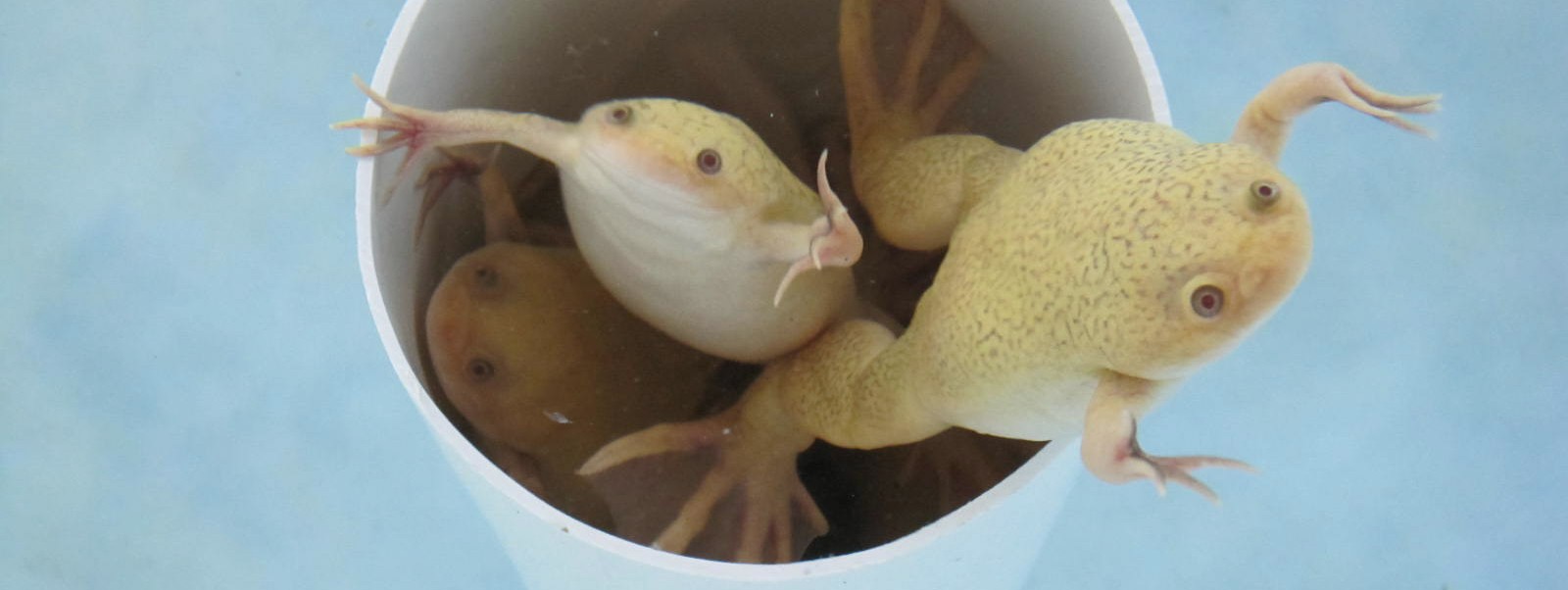Young Mi discusses her research on the domestication of the Siamese Fighting Fish in this article in The Scientist!
Darcy joins the Tribeca Film Festival panel for a discussion after a viewing of Father of the Cyborgs. Check out the discussion here!
Darcy chats with Neil Savage from Nature.com about the factors that contribute to New York and Boston being leaders of life sciences research.
In a podcast hosted by Kathleen Durkin and Devin Powell from the ZMBBI, Darcy chats with them and other faculty and students about what preparation for this upcoming academic year looks like during the pandemic.
Darcy visited Cornell's Department of Neurobiology and Behavior virtually August 27th, 2020 to give a seminar: "Comparative neuromics; convergence and divergence in neural circuit elements for vocal communication".
We are very excited to hear that our alumnus, Paul Copeland, will be joining Dr. Shawn Liu's lab at CUIMC as a research assistant! We are so proud and looking forward to hearing about his work.
Vivian, Shemar, and Erica inaugurate R&D: Research and Diversity to bring undergraduates together with scientists to explore career paths, challenges and successes in expanding the range of talent needed to tackle fascinating and difficult problems through research.
The first Zoom interview event will be hosted on August 18th, 5pm EST, featuring Dr. Aaron Kyle, PhD.
Find event information and registration here!
We've published our latest review article, titled "Generation, Coordination, and Evolution of Neural Circuits for Vocal Communication." Check it out on our Publications page to read the abstract or download the PDF here!
On February 27, 2019, Darcy Kelley and Ursula Kwong-Brown spoke with Chris Smith as a part of the show eLife Episode 54: Dodgy cells and big neurons. They discussed the sounds that Xenopus frogs make underwater.
On a Valentine's Day themed NPR talk, Dr. Kelley discusses her studies on the communications of South African clawed frogs, including their underwater love songs.
Regarding Americans' lack of scientific knowledge and lessened emphasis on science education, Dr. Kelley and Dr. Helfand discuss scientists' responsibilities on communicating their research to Americans and American students on NPR.
